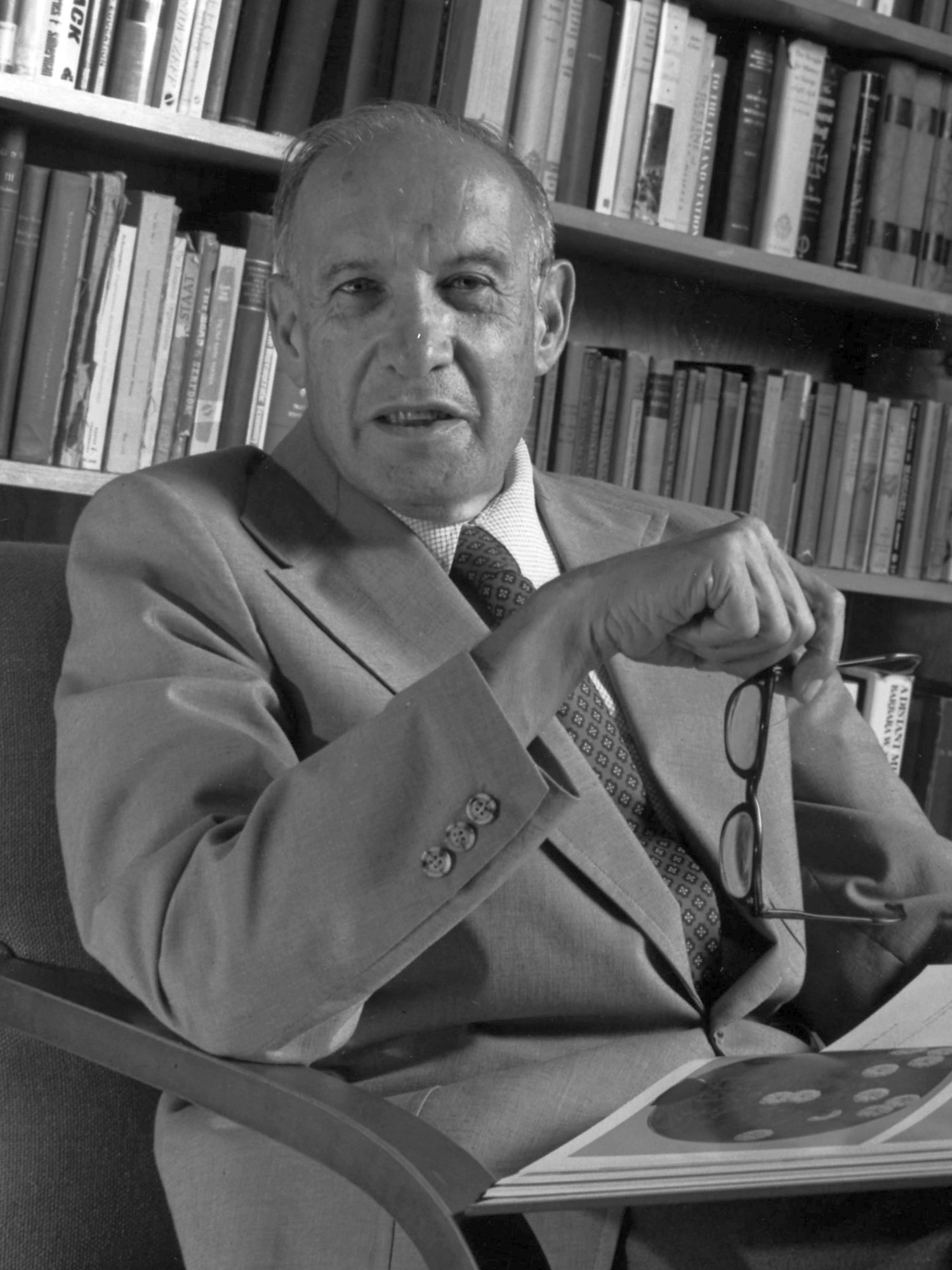Peter Drucker nejznámější citáty
Peter Drucker: Citáty o podnikání
„Podnikání není ani věda, ani umění. Je to praxe.“
Varianta: Podnikání není ani věda, ani umění. Je to praktická zkušenost.
„Základem podnikání je zákazník, díky kterému současně existuje. On sám dává zaměstnání.“
Originál: (en) The customer is the foundation of a business and keeps it in existence. He alone gives employment.
Peter Drucker citáty a výroky
„Nejdůležitější věci v komunikaci je slyšet, co nebylo řečeno nahlas.“
Varianta: To nejdůležitější v komunikaci je slyšet to, co nebylo řečeno.
Originál: (en) …, a company's CEO should make no more than 20 times the salary of its lowest-paid worker.
„Když něco nemůžete změřit, nemůžete to ani řídit.“
Tento citát slyšel zajisté téměř každý, kdo za sebou má studium ekonomie. V rámci podnikového vedení manifestoval tento výrok úspěšný postup hospodářských jednotek, které musí býti založeny na měřitelných faktech.
Originál: (en) If you can´t measure it, you can´t manage it.
Peter Drucker: Citáty anglicky
“The first step toward making the worker achieving is to make work productive.”
Zdroj: 1960s - 1980s, MANAGEMENT: Tasks, Responsibilities, Practices (1973), Part 1, p. 199
Zdroj: 1930s- 1950s, The Future of Industrial Man (1942), p. 107-108
Zdroj: 1930s- 1950s, The End of Economic Man (1939), p. 151
“The major incentive to productivity and efficiency are social and moral rather than financial.”
1930s- 1950s, The New Society (1950)
The Shape of Things to Come: An Interview with Peter F. Drucker Leader to Leader, No. 1 (Summer 1996)
1990s and later
Zdroj: 1930s- 1950s, Landmarks of Tomorrow: A Report on the New 'Post-Modern' World (1959), p. 115
"New Priorities" Dancing Toward The Future, Context Institute http://www.context.org/, (1992)
1990s and later
Zdroj: 1960s - 1980s, MANAGEMENT: Tasks, Responsibilities, Practices (1973), Part 1, p. 229
“There is a point at which a transformation has to take place.”
Zdroj: 1960s - 1980s, MANAGEMENT: Tasks, Responsibilities, Practices (1973), Part 3, p. 640
compare Dwight Eisenhower's January, 1961 Farewell Speech
1930s- 1950s, The New Society (1950)
“It is better to pick the wrong priority than none at all.”
Zdroj: 1960s - 1980s, MANAGEMENT: Tasks, Responsibilities, Practices (1973), Part 1, p. 119
Zdroj: 1990s and later, Managing in a Time of Great Change (1995), p. 295
Zdroj: 1930s- 1950s, The End of Economic Man (1939), p. 17
Zdroj: 1960s - 1980s, MANAGEMENT: Tasks, Responsibilities, Practices (1973), Part 1, p. 99
About the rise and fall of the blue-collar worker
1990s and later, "The Age of Social Transformation." 1994
Management affects people and their lives.
Zdroj: 1990s and later, Managing in a Time of Great Change (1995), p. 351
1930s- 1950s, The New Society (1950)
Zdroj: 1930s- 1950s, Landmarks of Tomorrow: A Report on the New 'Post-Modern' World (1959), p. 126
Zdroj: 1930s- 1950s, The End of Economic Man (1939), p. 244
“We do not need more laws. No country suffers from a shortage of laws. We need a new model.”
Zdroj: 1960s - 1980s, MANAGEMENT: Tasks, Responsibilities, Practices (1973), Part 1, p. 364
“We will have to learn to lead people rather then to contain them.”
Zdroj: 1960s - 1980s, MANAGEMENT: Tasks, Responsibilities, Practices (1973), p. 30
“The purpose of an organization is to enable common men to do uncommon things.”
Zdroj: 1960s - 1980s, MANAGEMENT: Tasks, Responsibilities, Practices (1973), Part 2, p. 455
“One cannot hire a hand; the whole man always comes with it.”
Zdroj: 1960s - 1980s, MANAGEMENT: Tasks, Responsibilities, Practices (1973), Part 1, p. 169
"The way ahead" Economist.com http://www.economist.com/ (November 2001)
1990s and later
Zdroj: 1960s - 1980s, MANAGEMENT: Tasks, Responsibilities, Practices (1973), Part 3, p. 605
Zdroj: 1960s - 1980s, MANAGEMENT: Tasks, Responsibilities, Practices (1973), Part 3, p. 681
Zdroj: 1930s- 1950s, The End of Economic Man (1939), pp. 7-8
Zdroj: 1930s- 1950s, The Future of Industrial Man (1942), p. 28
The Ecological Vision: Reflections on the American Condition (1993)
1990s and later
Zdroj: 1960s - 1980s, MANAGEMENT: Tasks, Responsibilities, Practices (1973), Part 2, p. 539
